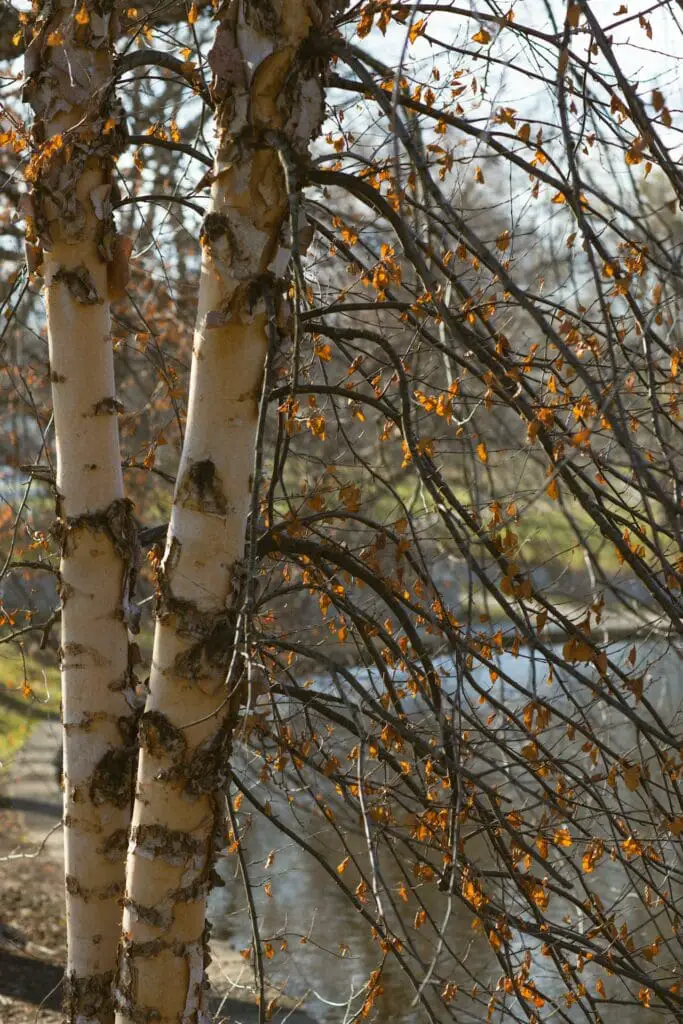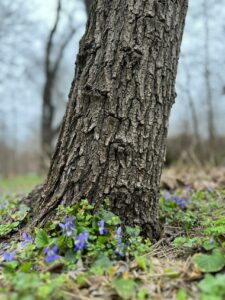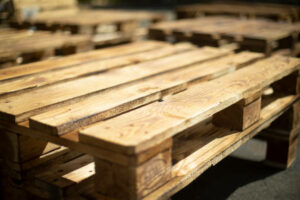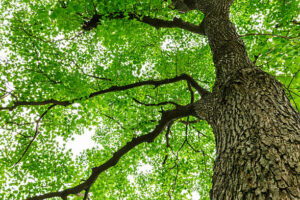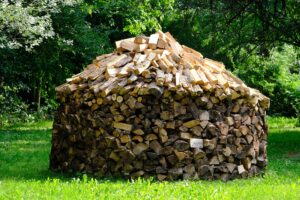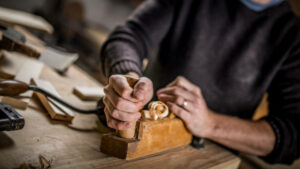Ash is a dense and durable wood that has excellent burning characteristics. It burns very clean and produces white ash and little creosote. It is also a good choice for baseball bats, as it provides a happy medium between the rock-hard maple and elastic birch. It offers a bit of flex, which allows the baseball bat to in more pop to the ball.
Density
Ash is a very dense and hardwood. On the Janka hardness scale, it has a rating of 1,320 lbs. This makes it very durable and resistant to damage. In addition, ash is an excellent firewood that burns well and produces large quantities of heat. Its low resin content also means that ash logs don’t spark or spit when burned. As a waste product, wood ash can be used as a soil booster and contains a great amount of magnesium, phosphorus, aluminum, and sodium, which helps to rebalance PH levels. It also makes a good substitute for fire starters, and it can be added to compost to enrich the end product.
Birch, on the other hand, is softer than maple but has more flex than ash. As a result, it’s a popular choice for players looking for a bat that offers the durability of an ash bat without losing the flex of maple. Birch is an industry newcomer that has started to gain momentum, with some major league players, such as Raleigh native Josh Hamilton and Mark Trumbo, both using birch bats in their games.
The particle size, shape, and moisture content determine the density of a wood. The shape and size of the particles play a major role in the bulk density of an ash deposit, and changes in these factors can lead to differences in the final density of the ash deposits.
Hardness
Ash and birch are both hardwoods. However, ash is harder than birch. This means that it is more durable and less likely to show dents after being used for a while. It also has a smoother surface and will not splinter, making it much safer for young children to use. Maple is a closer-grained wood that is also hard but not as dense or durable as birch vs ash. Maple can also show more dents and has less of the natural flex that birch offers.
Both ash and birch are good for utility purposes, like making subflooring, boxes and crates, low-end indoor furniture, and many other uses. However, neither of these species of trees is resistant to moisture or pests, so they aren’t suitable for outdoor use.
Birch is the new kid on the block and has seen a surge in popularity due to its ability to offer a more flexible bat than maple while still being strong enough to handle any inside pitch. It’s a great choice for first-time wood swingers, as it falls between maple and ash in both hardness and durability. It’s also a good choice for seasoned wood batters who want to try something different. Birch has a Janka hardness rating of 1260, which is a little harder than Hickory sugar maple but not as hard as Red Oak or Brazilian cherry.
Flexibility
Ash is a versatile wood, and it’s easy to work with, as it can be sawed, nailed, screwed, painted, or stained. It’s also relatively cheap, and it holds its shape well. This makes it a popular choice for utility wood, such as basic flooring needs, boxes or crates, low-end indoor furniture, and even wood-bat baseball bats.
Because ash isn’t as dense as maple, it tends to flex more on contact. This flexibility can be a positive for some hitters, as it can create a trampoline effect on contact and help drive the ball farther. However, the flex can also cause ash bats to have a more noticeable break-in period than other types of wood.
As for birch, it’s a happy medium between ash and maple bat make, offering more flex than ash but less hardness than maple. This flexibility can give the hitter some extra bat control, and it doesn’t tend to flake as easily as ash wood does.
As for firewood, birch burns quickly and produces good coals. This means it’s great for short bursts of use — like the few hours you spend at the campfire on a summer night. It also burns clean, so it doesn’t spit or spark when burned. It also tends to have a more pleasant scent than other woods. As such, birch logs are a popular choice for wood-burning stoves and pizza ovens.
Ignition
Birch is softer than ash, making it easy to light and giving off a pleasant aroma when it burns. This makes it a good option for people who want to start their log burner with a fire that’s quick and easy to get going and then switch over to denser logs for longer-lasting heat.
It’s also a great choice for those who like to use their wood burner for short periods, such as an hour or so in the evening. It produces a lot of heat quickly and also helps the denser logs to ignite more easily as they’re burning.
As a hardwood, it’s very similar to ash in terms of its strength and durability, but it does have slightly less resistance to moisture and pests. It’s important to keep this in mind if you’re considering using it for outdoor purposes, but otherwise, it’s just as good as ash for all the other things that you can do with it.
With a BTU rating of 20.2 million per cord, birch is one of the most energy-dense woods in existence. This gives it a higher calorific value than many other hardwoods commonly used for firewood, including oak and beech. This is largely due to its low moisture content, which helps to prevent slagging, pollution of the combustion chamber, and equipment corrosion.
